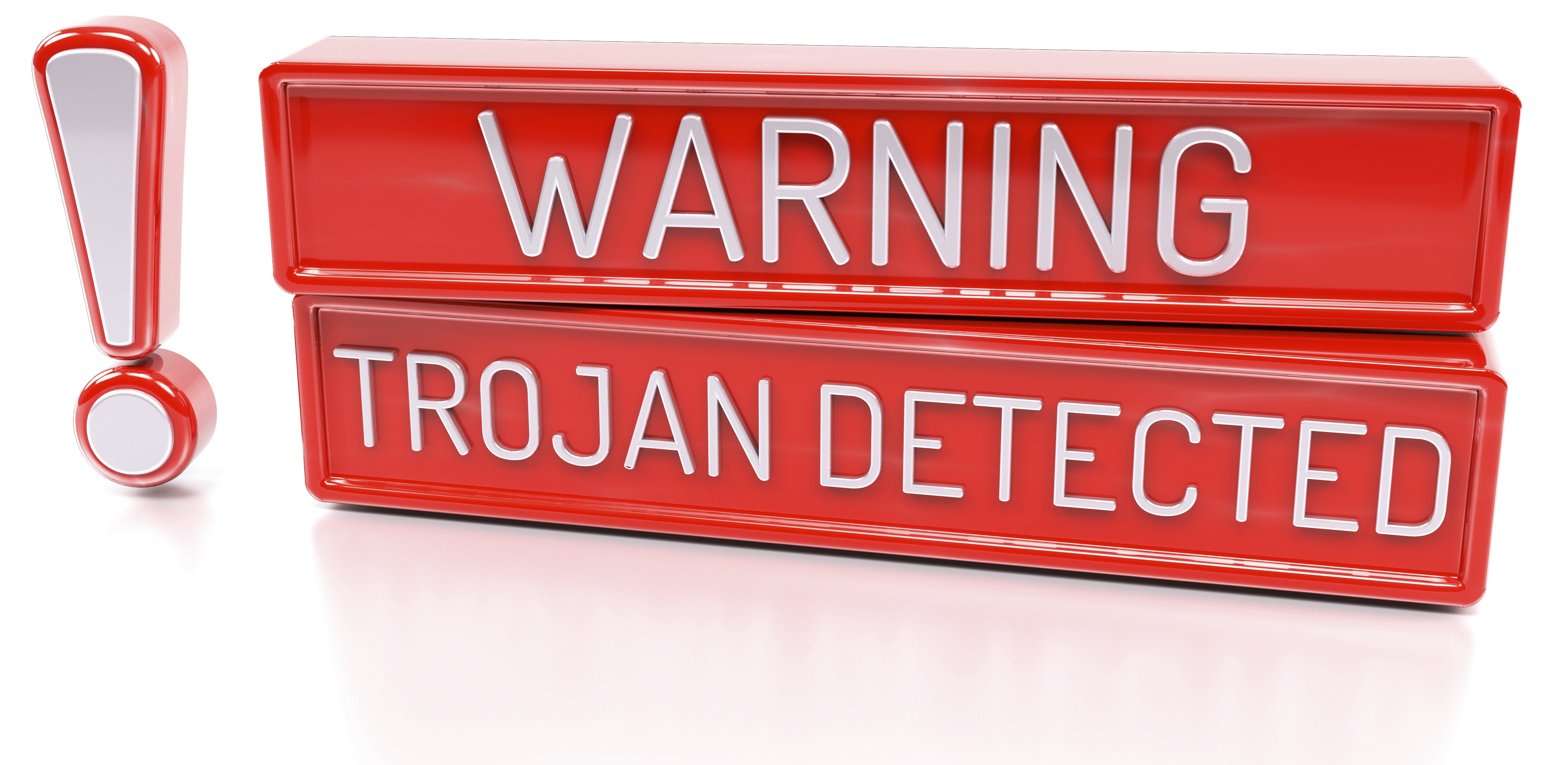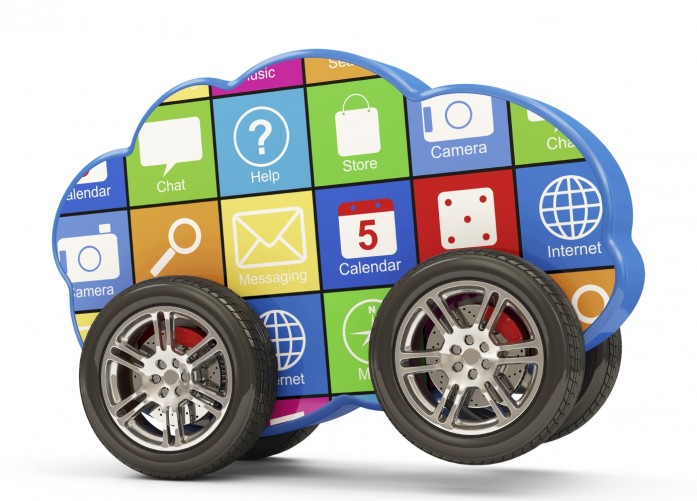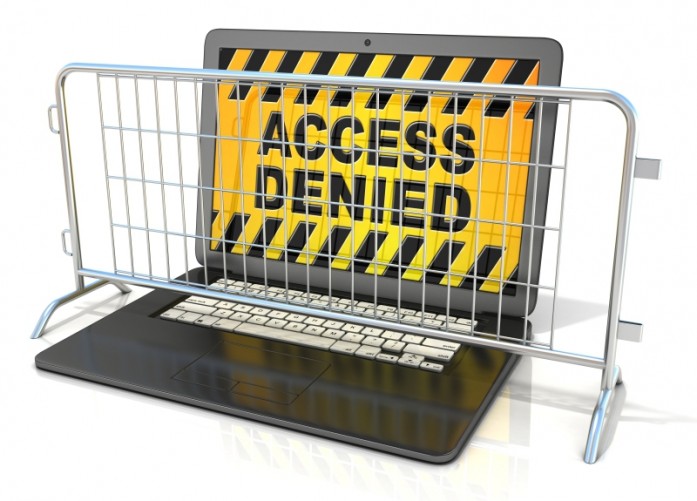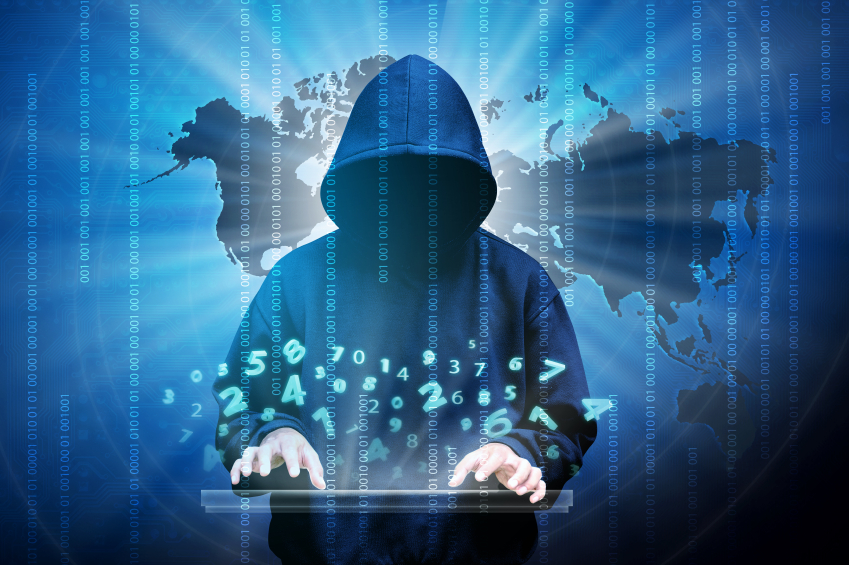Malware, cyber espionage, ransomware, and phishing are just a few words that you might have heard about if you use the Internet, or Internet based services. When we talk about Cyber Security, the words associated with it can cause fear to strike anyone, as they sound like very serious, life-threatening illnesses.
While they don’t threaten your health directly, they can prevent you from getting access to your money, which might result in the same thing. With the development of technology, information has grown in size, and it’s no longer contained in the filing cabinets you used to see in films.
Here at Docklands Data Centre we pride ourselves in our extensive knowledge of digital information security, and we want you to be able to have a good night’s sleep, confident in the fact that your data is safe.

What is Cyber Security?
Cyber security or computer security is the protection of hardware, software, and information contained in systems of information, from theft or damage. It also includes protection from any disruption or misuse of its normal services, like a website not working any more after being hacked.
When you deal in cyber security, the protection is both physical and digital; the data centres where the information is stored can be manually attacked. If there’s network access to the digital component, there can be data manipulation or code injection; someone takes a computer bug, made from invalid pieces of code, and injects it into a computer program.
This kind of attack can be very harmful to more than just one device, as it is sometimes used as a computer worm, and it propagates through its use of the specific instructions it was imbued with, as soon as it is executed in a computer. Computers in businesses are in a network, and when a computer gets this “virus”, it will most likely infect all of the other computers. You have probably seen it in films and were marvelled at how fast information in computers could be breached; it is as dangerous in real life.

Why You Need It
There has been an increased use and dependence on computers and digital devices in the past decades, in most societies. Devices like smart phones, smart televisions, and even your car, can all be connected to the Internet, to Bluetooth, Wi-Fi, or other wireless networks.
The use of preventative measures is one of your best options to keep your computer or computers from being from being infected. If you work in a company that deals with a lot of sensitive information, like National Insurance numbers or bank details, its loss will have wide repercussions.
Think about it, what don’t you control with your mobile phone nowadays? You can access your bank details, your email, shop online, and take photos. A phone is a mini computer where you store everything you do and love, and you want to keep it safe.

Gartner predicts that this year there will be 6.4 billion connected devices, and that isn’t just limited to your phone and computer. Your television, your car, your fridge; all of the wonderful gadgets Sci-Fi offers as possibility are being updated every year, becoming and capable of being connected to networks.
The Risks
Imagine having important documents on your computer, like your bank information, and one day you turn your computer on and the screen is different. Instead of your favourite image as a background, you get an ominous countdown of a screen saying that if you don’t pay this exorbitant amount of money, you’ll never access your computer again. This is ransomware, and it’s a serious security concern, because whoever is on the other side has access to everything you have in your computer, and they don’t plan on letting you have it back without you paying a large amount of money.

Even NASA has been affected by this extortion practise, which serves as a reminder of how advanced cyberattacks are getting. And if you think places like hospitals aren’t affected, then think again. In a Los Angeles Hospital, the Hollywood Presbyterian Medical Center, an on-going cyberattack reportedly forced the hospital to move emergency patients and medical records to other hospitals.
Your business’s reputation can suffer from cyberattacks, as Target found out in 2013. Their card payment point-of-sale system was hacked and all of its information, like debit and credit card details, was compromised. Holiday sales were lower after the incident, according to the company. Suppliers, clients, and partners might lose trust in your business if you find yourself vulnerable to hacking.

In an ever-growing technological society, we know how important security is. Our data centres are equipped with the best telecommunication technology and network solutions, to ensure your business isn’t attacked. If you have any questions about how we can help you store information securely, give us a call on +44 (0)207 177 7000 or contact us online.


